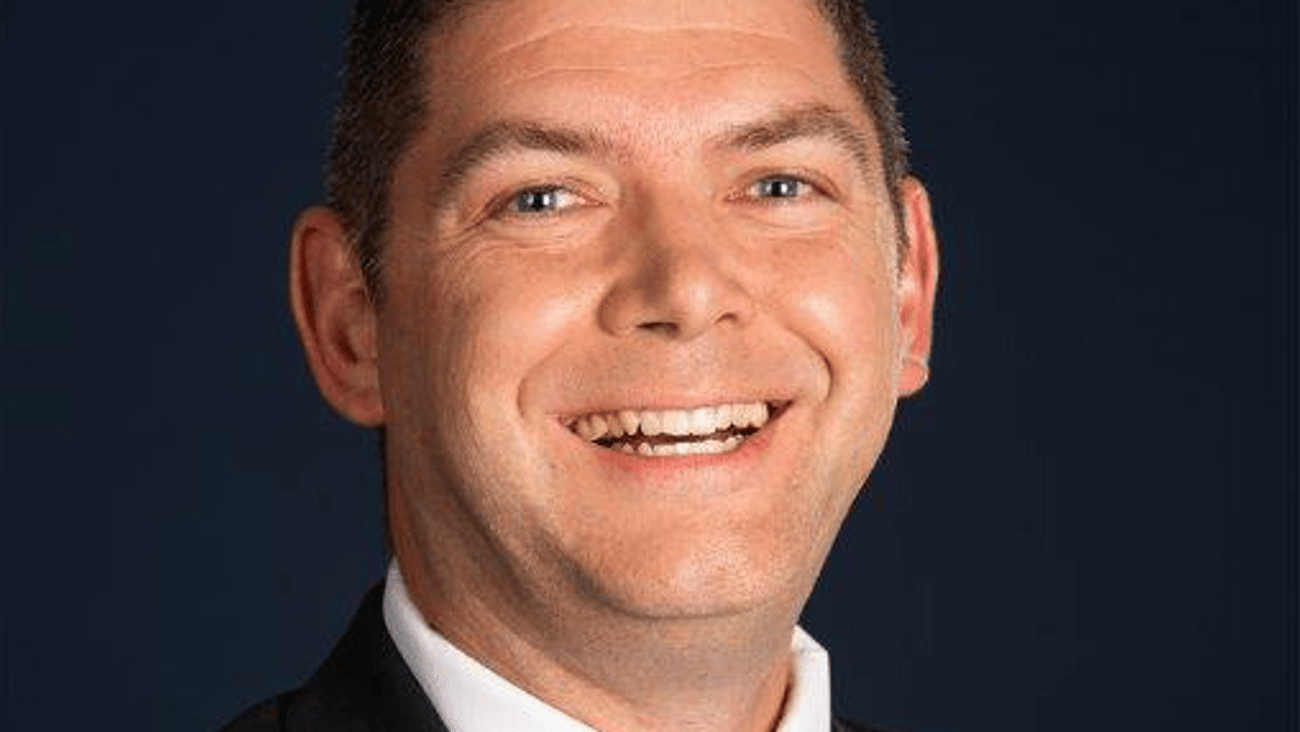The hope of healthcare – pharmacists solve problems
As I sit down to write this article, I must say, things are very interesting in the world of pharmacy.
Over the last two weeks, I have had the opportunity and privilege to work with some pharmacy students. One of questions I enjoy asking students is: why are pharmacists paid?
This is an important question, and it demands clarity. Typically, the students will fumble around and offer some reason like “pharmacists are the medication experts.” While that is true, it doesn’t quite answer the question. A chef isn’t paid simply because he is a food expert, is he? A lawyer isn’t paid because he is a law expert.
The true answer to my question is quite simple. Pharmacists are paid to solve problems. Truth be told, every person on planet Earth is paid for the exact same reason. Everyone is paid to solve problems.
The chef is paid to solve the problem of people being hungry. The lawyer is paid to solve legal problems. Pharmacists are paid to solve drug-related problems.
In the filling of prescription medications this can look like solving the problem of a medical condition without a therapy.
In the titration of therapy this can look like solving the problem of a dose too high or a dose too low.
As we continue this series on pharmacists as the hope of healthcare, I thought it might be appropriate to take a moment to explicitly remind ourselves of the need to solve problems. You and I may not have met face to face yet, but there is something I know about you. You are an excellent problem solver. In fact, I would wager that you have solved a fair number of problems recently.
I encourage you not to overlook the problems you solve. Take inventory of them. Because you never know when someone might ask you about a problem they have and could use your help solving.
We will continue on this concept when next we meet. Between now and then, I ask that you do me this favour and think about this scenario: Imagine a news reporter shoves a camera and microphone in your face and asks you, “What problems do you solve?” How would you answer?
Until next time
Jesse McCullough, PharmD
Connect with Jesse on LinkedIn



